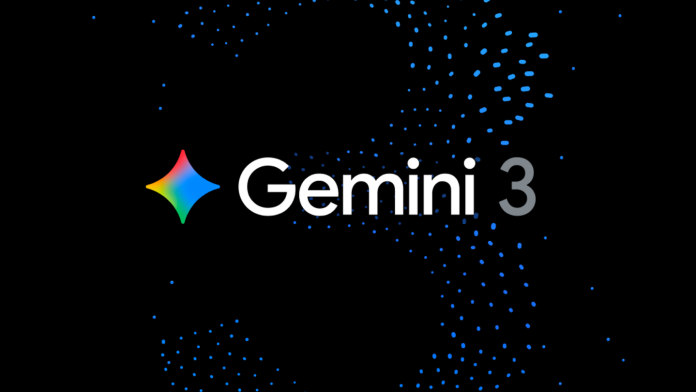A new era of artificial intelligence is upon us with Google’s unveiling of Gemini 3, the latest in its acclaimed series of AI models designed specifically for businesses. This highly advanced model integrates multimodality, reasoning abilities, and tool usage, pushing the boundaries of what AI can achieve for small enterprises. For many small business owners, integrating such innovative technology could mean significant strides in efficiency, creativity, and overall decision-making processes.
Gemini 3 marks a significant evolution from its predecessors, each of which has set critical milestones in AI development. Gemini 1 introduced multimodality and long context, enabling AI to understand and interpret a wider range of data inputs. Following this, Gemini 2 brought forth enhanced reasoning capabilities and native tool use, providing a more interactive and effective AI experience. Now, Gemini 3 combines all these advancements into a cohesive platform that holds valuable potential for business applications.
A key takeaway for small business owners is the enhanced capability to generate and refine ideas. With Gemini 3, businesses can harness AI to streamline brainstorming sessions, offering fresh insights that can lead to innovative solutions and new product ideas. This could be particularly useful for small business owners who may lack the resources of larger firms to conduct extensive market research or engage in comprehensive product development.
The power of Gemini 3 lies in its ability to process information contextually, making it not just a tool for generating content but a partner in strategizing. For instance, marketing teams can leverage this AI to analyze customer data and current trends, helping them craft campaigns that resonate more effectively with their target audience. In an age where digital presence is paramount, these insights could give small businesses a competitive edge.
Moreover, Gemini 3 simplifies the integration of various tools essential for business operations. Whether it’s managing customer relations, enhancing productivity, or improving communication, the AI’s native tool usage makes it a versatile addition to the digital toolkit of small businesses. As Tara, a marketing director of a mid-sized agency, notes, “With Gemini 3, integrating AI into our workflow has never been easier. It allows us to focus more on strategy and less on mundane tasks.”
However, while the prospects are promising, small business owners should also consider potential challenges when adopting Gemini 3. The transition to AI-enhanced operations requires not only an understanding of the technology but also a shift in workflow and culture. Companies must be prepared to invest in training staff to work effectively with AI tools. There could also be initial concerns regarding data privacy and security, especially when sensitive customer information could be involved in AI processes.
Moreover, the varying levels of technological familiarity among employees could pose as a barrier. Training programs or workshops may need to be established to ensure that all team members can maximize the benefits of the AI model. Small business owners must weigh these steps against the potential return on investment to decide if the transition aligns with their overall business strategy.
For those willing to navigate these challenges, integrating Gemini 3 into existing business operations could result in tangible benefits. The model’s capability to think, reason, and contextualize data not only equips small businesses with a robust tool for daily operations but could also pave the way for long-term growth.
As AI continues to evolve, the future looks bright for those who adapt and innovate. The launch of Gemini 3 symbolizes not only technological advancement but also opens doors for small businesses looking to harness the power of AI to enhance every aspect of their operations.
Small business owners can learn more about this revolutionary model and its implications at the original post: Google Blog.
Image Via Gemini



